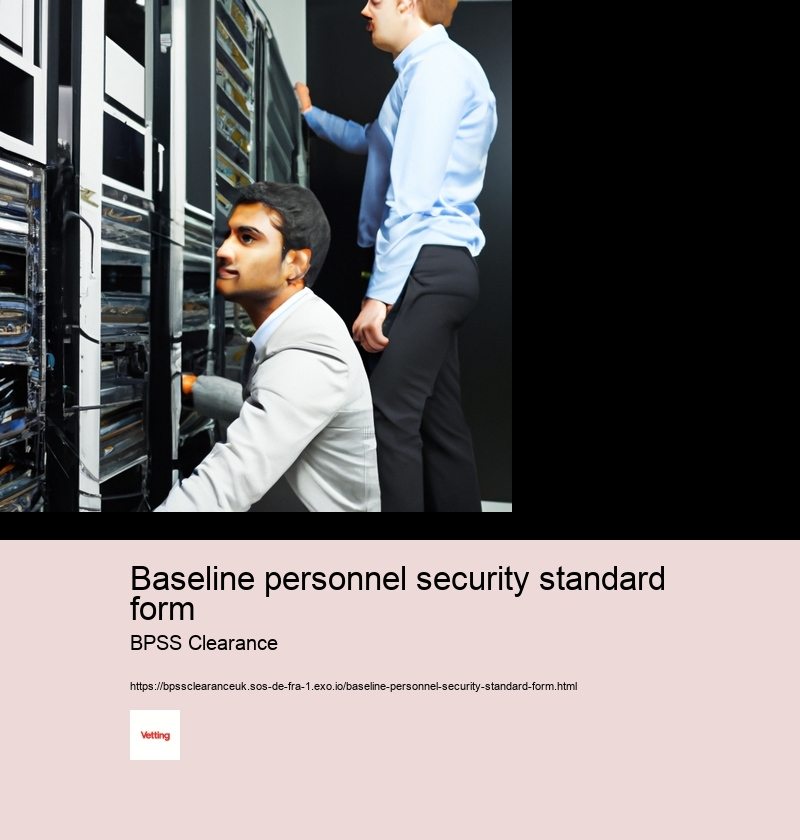baseline personnel security standard form
Do employers check GCSE results?
By verifying nationality, immigration status, employment history, and criminal records, organizations can assess the suitability of candidates for positions requiring access to sensitive information like the Public Services Network (PSN).
Checking criminal records focuses on unspent convictions, evaluating an individual's trustworthiness. Confirming employment history validates the accuracy and truthfulness of the past three years of work or activity.
There are also specific rules regarding non-discrimination that must be followed during the BPSS process. According to the Equality Act 2010, it is illegal for employers to discriminate against candidates on the basis of protected characteristics such as race, religion, sex, age, and disability. The BPSS checks must be applied uniformly to all employees who are in similar roles, ensuring that no individual is unfairly targeted or excluded from a position based solely on personal attributes that do not pertain to their ability to perform job-related tasks safely and effectively.



